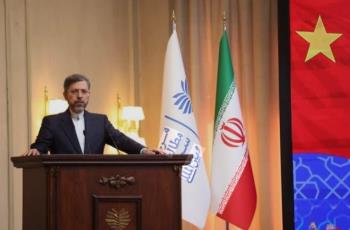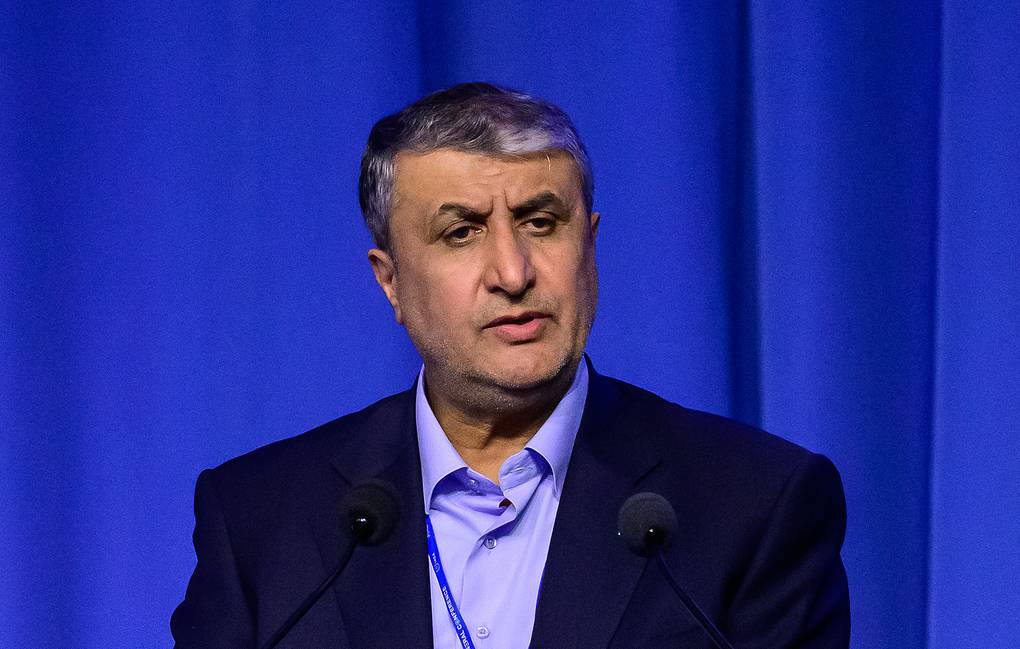ALWAGHT- Iran’s nuclear chief has emphasized that uranium enrichment is a vital and uncompromisable component of the country’s nuclear program.
In a televised interview, Mohammad Eslami, head of Iran’s Atomic Energy Organization, emphasized that uranium enrichment is a fundamental and non-negotiable aspect of the Islamic Republic’s nuclear industry. He rejected Western and Israeli demands to halt enrichment, asserting that Iran’s right to pursue nuclear technology is sovereign and will continue regardless of US negotiations or pressure. Foreign Minister Araghchi echoed this, affirming that enrichment is essential to Iran’s peaceful nuclear goals.
Eslami also criticized a recent IAEA report, claiming it was politically influenced by the US, Israel, and key European allies. He argued the report was part of a broader "maximum pressure" campaign and accused it of recycling unfounded accusations. In response, Iran submitted a joint rebuttal from the AEOI and Foreign Ministry, denouncing the report as biased and reiterating that Iran’s nuclear program remains peaceful, transparent, and under IAEA supervision.
Eslami defended Iran’s right to conduct enrichment-related research, likening it to denying a country the ability to generate electricity while allowing it to build a grid. He traced longstanding US opposition to Iran’s nuclear advancement back to pre-1979 dealings, highlighting how Western restrictions have historically obstructed Iran’s nuclear development. Despite criticism over enriching uranium up to 60%, he insisted all activities comply with international oversight, unlike Israel’s opaque nuclear status.



























